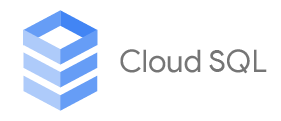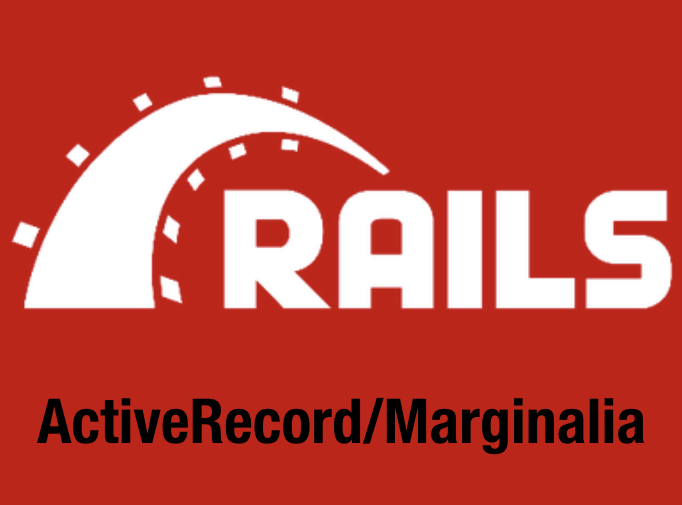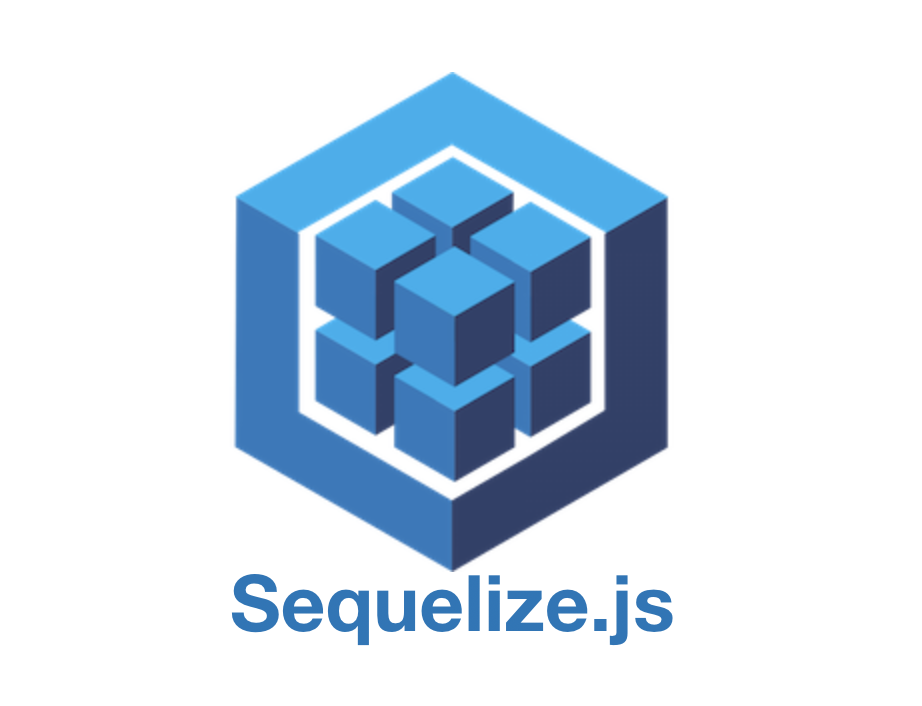FAQ

- Why sqlcommenter
- How does sqlcommenter benefit me
- What ORMs does sqlcommenter support
- What databases does sqlcommenter support
- How do I use sqlcommenter in my application
- How do I examine the augmented SQL statements
- Where is the specification
- What are the default fields
Why sqlcommenter?
Most applications require persistent data yet when database performance goes awry, it is next to impossible to easily correlate slow queries with source code.
How does sqlcommenter benefit me?
- It helps provide observability and can help correlate your source code with slow queries thus guiding you in performance optimization
What ORMs does sqlcommenter support?
What databases does sqlcommenter support?
When developing sqlcommenter, we’ve tested it with a couple of databases. Please see /databases for an authoritative list but here are some:
How do I use sqlcommenter in my application?
If you are using a supported ORM/framework, it shouldn’t be a hassle at all to use. Just pick any of the ORMs in your favorite language
How do I examine the augmented SQL statements?
If you manage your databases or have access to database server logs, the statements will be logged there. Examine databases for more information how.
Where is the specification?
The specification is available here.
What are the default fields
| Integration | action | controller | framework | route |
|---|---|---|---|---|
| ActiveRecord/Marginalia | ✔ | ✔ | ✔ | ✔ |
| Hibernate+ Spring | ✔ | ✔ | ✔ | ✔ |
| knex.js+ express.js | ❌ | ✔ | ❌ | ❌ |
| Django | ❌ | ✔ | ✔ | ✔ |
| psycopg2 + Flask | ❌ | ✔ | ✔ | ✔ |
| sqlalchemy+ Flask | ❌ | ✔ | ✔ | ✔ |
| sequelize.js+ express.js | ❌ | ✔ | ❌ | ❌ |
What ORMs support OpenTelemetry ?
Node.js ORMs(Knex, Sequelize, Express) support OpenTelemetry.













